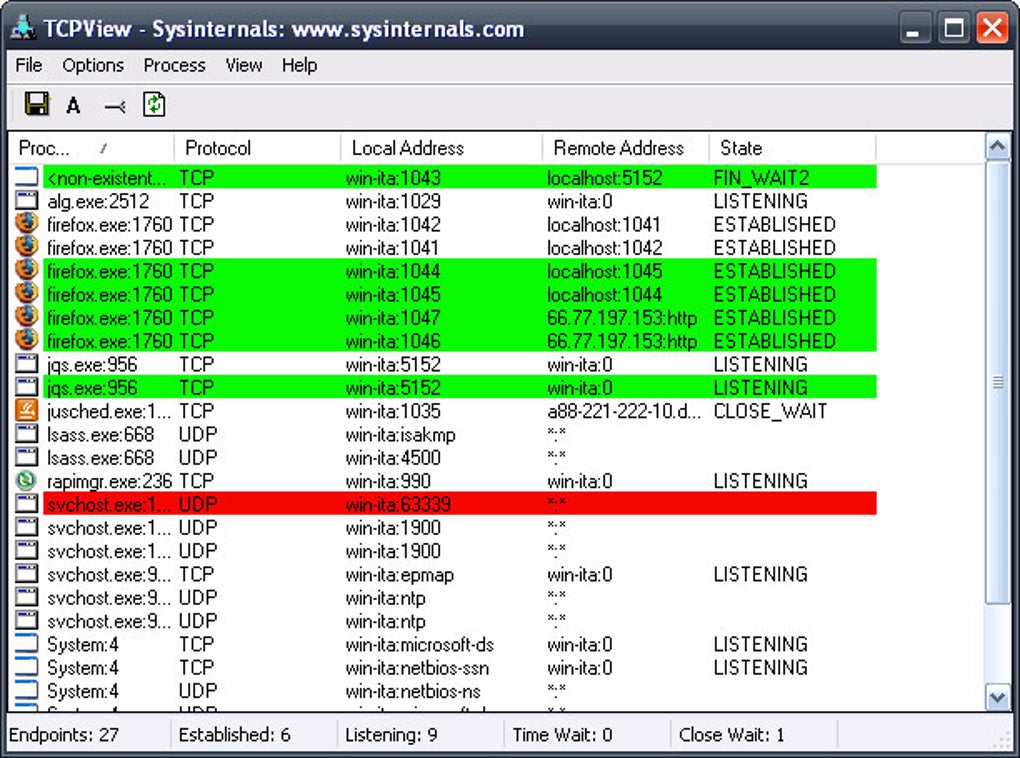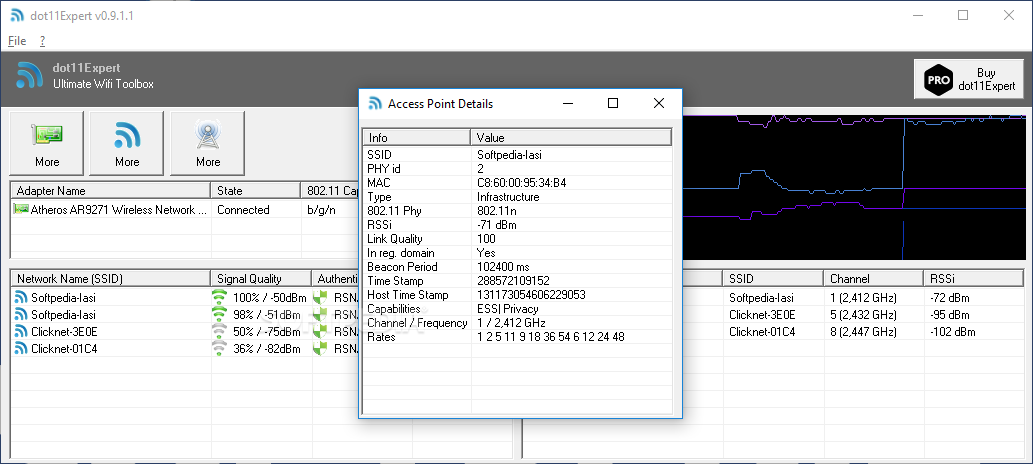

We can use again to perform a “whois” lookup on an IP address we care about. All public information about that IP address will, in all likelihood, refer only to them.

The important thing to realize is that you do not own your IP address - your ISP or service provider does. What if the ping doesn’t work, or doesn’t return a domain name? Then things get less precise. There are services - typically referred to as private registration - that essentially replace all the public registration information with that of a third party, so as to keep even the basic registration information hidden. Will may tell you 1 that is owned by some guy named Leo Notenboom with a mailing address in Woodinville, Washington. Knowing the domain name, you can then do a “whois” lookup. In this case, it does the reverse, and reports the official domain name associated with that IP address. Normally, DNS maps names (like “”) to IP addresses (like 67.225.235.59). That’s my quick-and-easy way to do what’s called a “reverse DNS lookup”. For example, in a Windows Command Shell, enter the following command: ping -a 67.227.211.203 Some IP addresses are easy they’re static (unchanging) and have a DNS name associated with them. When two computers talk to each other, they must know each other’s IP addresses that’s how the internet works.īut once you’ve discovered an IP address, what can you tell about it? Domains and reverse DNS If you make a point-to-point connection with an instant message program (typically during a file transfer) or a peer-to-peer communications program (for example, Skype, depending on how the connection is made), then your IP address is available to that device. (As I said, not all, and even for those that do, it’s often not on all messages. Many (though not all) email services include the IP address of the machine on which email originated in the normally hidden email header information. Visit my article What’s my IP address? and I’ll show you your IP address and a few other bits of information that web servers get when you visit any webpage on the internet.

If warranted, law enforcement may be able to get more granular information from the services and providers involved.An IP address is not “a” computer, but typically a router connected to the internet behind which there can be many computers.Geolocating services will try to tell you where an IP address is located, but they are notoriously inaccurate.“Whois” can also identify the ISP that owns and allocates an IP address.A “whois” service can resolve some IP addresses to domain names, like, which identifies the server and possibly owner.


 0 kommentar(er)
0 kommentar(er)
